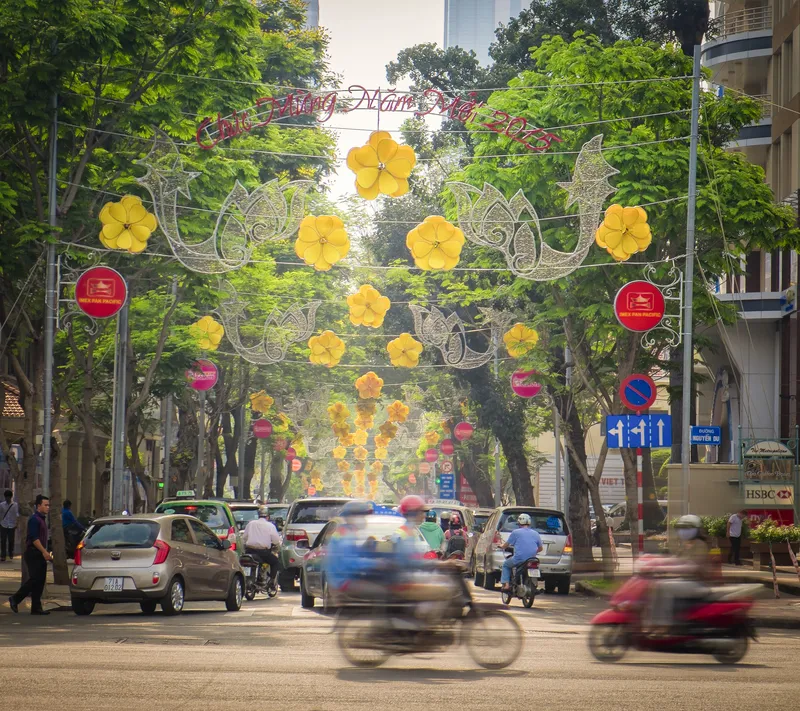Work on the second phase of the expressway will be carried out from 2020 to 2025 and will include sections from Bai Vot in Ha Tinh to Cam Lo in Quang Tri, and from Quang Ngai to Nha Trang. This second phase will be split into nine separate contracts. The first two phases will measure 1,372km and will cost $13.75 billion to build.
The third phase of the work will be for the stretch from Can Tho to Ca Mau and work will start in 2025. In all the expressway will measure 2,109km long and will run from Lang Son province in the north of Vietnam to Ca Mau province in the south of the country. The expressway project will include upgrading some existing sections of the route, with widening and improvement work and increasing the number of lanes from two to four. The project will also include the construction of new sections of four lane expressway however. Once complete the new expressway will cut journey times and improve transport right across the country.
Vietnam’s North-South Expressway project prioritised
Vietnam’s Ministry of Transport is prioritising the construction of the North-South expressway project. It is seeking the approval of the Vietnamese Government approval to speed up the development of a 713km stretch of the expressway. This particular section of the expressway is phase one of the project and has an estimated construction cost of US$ 5.73 billion. Just over half of the construction cost will be paid for by private investors while Government bonds are expected to pay for the remaining sum. Thi
October 20, 2017
Read time: 2 mins
Vietnam’s Ministry of Transport is prioritising the construction of the North-South expressway project. It is seeking the approval of the 983 Vietnamese Government approval to speed up the development of a 713km stretch of the expressway. This particular section of the expressway is phase one of the project and has an estimated construction cost of US$ 5.73 billion. Just over half of the construction cost will be paid for by private investors while Government bonds are expected to pay for the remaining sum. This first stretch of the expressway will connect the provinces of Dong Nai, Khanh Hoa, Hue, Quang Tri, Ha Tinh and Nam Dinh, with work being carried out from 2017 to 2020. The 713km section is being split into 11 separate construction deals, eight of which will be under the build-operate-transfer model and three utilising public funding.






